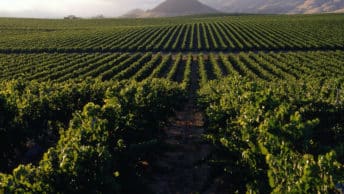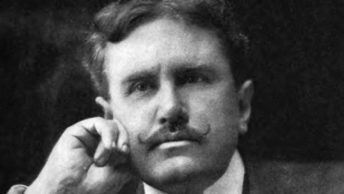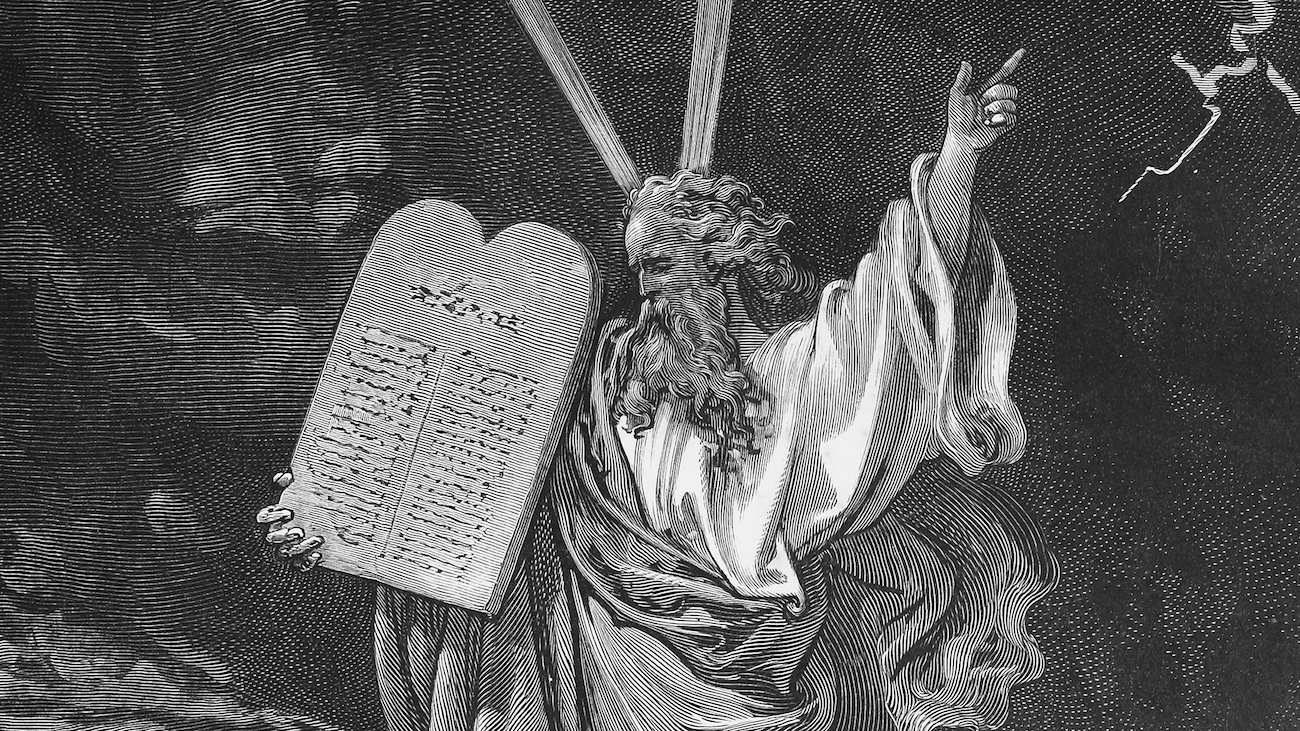
On October 4th, we celebrate the feast of one of the most popular and attractive persons in all history: St. Francis of Assisi. He lived some 800 years ago, and is remembered as a gentle, loving person for whom life was a great spiritual gift and adventure. Francis is especially well-known for his great love and appreciation of God’s creation. According to one legend, he tamed a fierce and dangerous wolf and taught it to live in peace with the townspeople of Gubbio; another legend states that when he was preaching outdoors near the town of Alviano, his words were interrupted by a flock of swallows. Francis said to the birds, “My sisters the swallows, it is now my turn to speak”—and they immediately became silent until he finished his sermon and dismissed them. When he spent a long time at Lake Trasimene, a rabbit trustingly came up to him and remained at his side, living with him until he finally moved on from that place. St. Francis also had a deep love for humanity. When he met a disfigured leper begging for alms, he wasn’t content just to give the man something; he also kissed the man’s infected hands as an expression of unity and as a sign that he accepted the leper’s dignity and value as a person. Francis wrote much beautiful poetry, including the Canticle of the Sun, which praises God for His many gifts to us, including the sun, the earth, the sky, water, wind, fire, air, night, day, and every other aspect of creation placed at the service of humanity.
Even though he lived a life of complete poverty, St. Francis of Assisi firmly believed that he had been richly blessed, and that he was accountable to God for the use he made of these blessings. Though our world, our lives, and our callings from God are quite different from his, this same idea applies to each of us; the Lord wants us to appreciate and make good use of all we have received. God has given us many gifts for which we are accountable—and the greatest of all these gifts is life.
The readings for the 27th Sunday in Ordinary Time tell us that we have a choice: we can use the opportunities and blessings God gives us, or we can waste them; in either case, we will live with the consequences. Jesus uses a story (Mt 21:33-43) about a vineyard to make this point. The owner’s expectations were entirely reasonable, and if the tenants had fulfilled their responsibility of sharing some of the grapes with him, everyone would have benefited. Instead, the tenants rebelled and abused what they had been given—and this led to their destruction. In the first reading, the prophet Isaiah (5:1-7) uses this same image because the people of Israel would not acknowledge their accountability to God, and eventually lost the privileges of their special relationship with Him. Everything we have comes from God, and must somehow be returned to Him. Rejecting this fact and wasting His gifts leads to unhappiness, both here on earth and in the life to come. If, however, we follow St. Paul’s advice to the Philippians (4:6-9), praying with gratitude and directing our thoughts to all that is holy and true, we will experience God’s peace and be ready for the day of judgment.
If we wanted to choose one word to describe our society here in the United States of America at the beginning of the 21st century, there would be many possible choices. I think a word that applies to us very well is “wasteful.” We as a society waste many things, including food, oil and other forms of energy, and various natural resources. Many people waste money on unneeded consumer goods and worthless forms of entertainment; most of us waste time to one extent or another, and our country as a whole is wasting its heritage by failing to live up to its founding ideals and values. Many of God’s gifts to America are wasted—and this is most especially and tragically true of the gift of life. Over 1.2 million children are aborted every year. There’s no telling how many elderly or even middle-aged persons are killed through voluntary or involuntary euthanasia. (I just heard of a very talented and devout spiritual author in Texas named Patricia who recently moved to the Caribbean island of St. Croix for her own safety—for earlier this year, during one of her many hospitalizations, she overheard her doctors discussing the advisability of ending her sufferings and putting her out of her misery.) Suicide is an epidemic in our nation, especially among young people. Numerous lives are ended by violence, with the age of some of the victims and murderers growing ever younger. Even when human life itself isn’t directly taken, lives are wasted when something happens to keep them from reaching their full potential. Some people are unable to overcome racism, discrimination, or poverty; other people throw away their own lives through substance abuse, crime, or self-imposed emptiness or bitterness.
God doesn’t want any of this to happen; His gift of life is meant to be a blessing, not a curse, and He will hold us accountable for the use we make of it. This truth, which was so well understood by St. Francis of Assisi and, in fact, all the saints of history, places some practical responsibilities upon us. First of all, we must be grateful for our own lives, not only when things are going well, but also when life is difficult. Jesus offers us eternal happiness in Heaven, and we should never forget this or cease rejoicing over it. Secondly, we should pray for the needs of all who find life difficult because of their sufferings and burdens, along with the conversion of all who are wasting the gift of life through violence, substance abuse, and other self-destructive behaviors. Every human life is precious to God, and by our prayers, we should show that this is our standard, too. Thirdly, we should support and vote for those only candidates who truly respect human life and dignity, and fulfill our duties as citizens to help determine our nation’s destiny. In so doing, we’re not imposing our values on others, but trying to help America return to the values on which it was founded. Fourthly, we must proclaim the importance of human life by our daily example; when our words and deeds show a true respect for others, we allow God’s grace to be more active in our society. Lastly, we must give our own lives completely to God, giving Him His share of the grapes of His vineyard by placing His will ahead of our own. In this way we will be ready to render an account of how we have used His gifts.
As St. Francis of Assisi understood, life is a blessing, an opportunity, and a gift. Here and now at the beginning of the 21st century, we must treasure it and defend it—for if we truly live as children of God, we will find all His gifts marvelous to behold.








